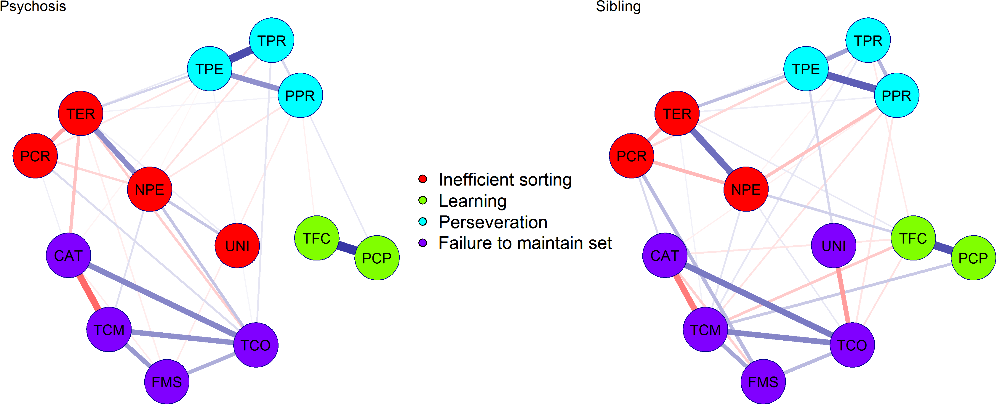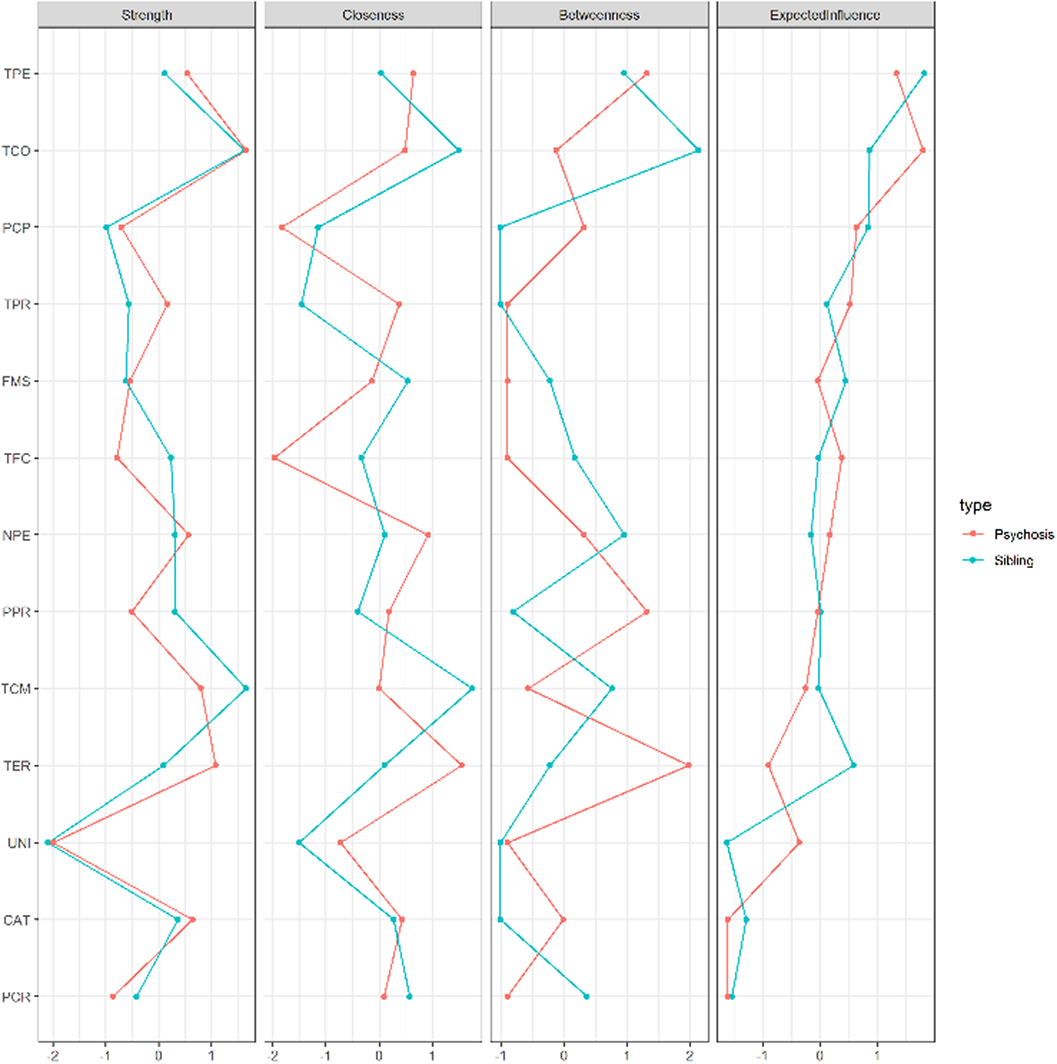Patients with schizophrenia have Wisconsin Card Sorting
Test (WCST) deficits, which are commonly interpreted as
reflecting frontal cortex-based executive dysfunction. One
means of assessing the refractoriness of frontal-executive
impairment is to utilize a training or modification strategy
to improve WCST performance. In this study, 73 patients
with schizophrenia were assigned to 1 of 2 groups. Group
1 received the standard WCST instructions for 64 cards
(Condition 1). For the second 64-card deck, the patients
were asked to verbalize the reason that they placed the
card where they did after each sort (Condition 2). Group
2 received this modified instruction 1st (Condition 1)
and then the standard instructions for the second deck
(Condition 2). A group of normal comparison participants
was also tested using standard instructions alone. Group
2 committed significantly fewer perseverative responses
than did Group 1. Furthermore, there was no significant
difference between Group 2 (Condition 1) and the normal
participants. Group 1's performance improved when
patients were exposed to the modified instructions (Condition
2). Additionally, poor premorbid factors and disorganized
symptoms were associated with decreased benefit from the
modified instructions across both groups. Cumulatively, these
data suggest that a simple instruction may enhance executive
function and impact WCST performance in patients with
schizophrenia. (JINS, 2001, 7, 344–352.)



